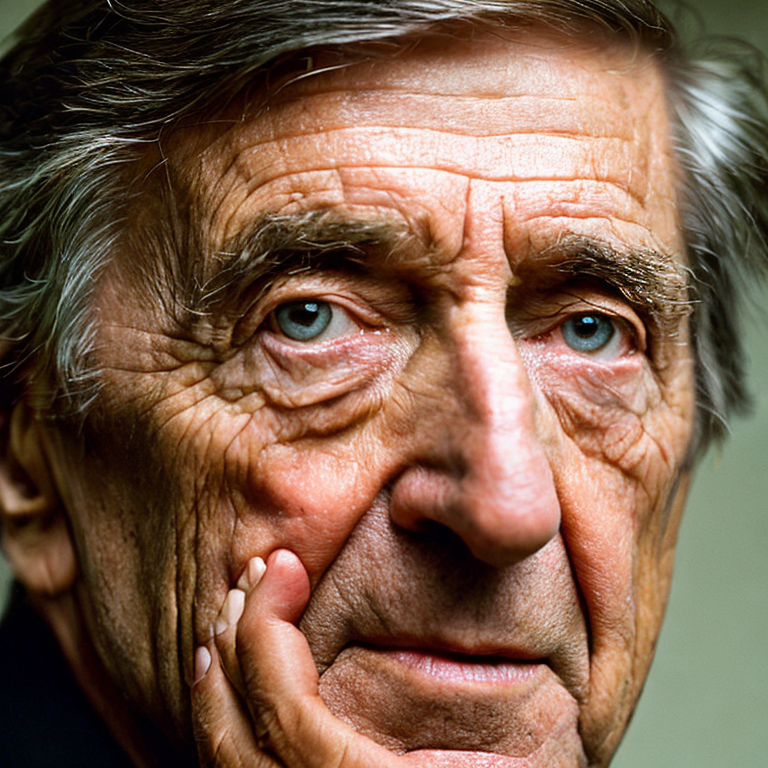The Wisdom of Emerson
Ralph Waldo Emerson is one of the most influential figures in the history of American literature. A great philosopher, poet, essayist, and lecturer, Emerson left an indelible mark on the world. He was born on May 25th, 1803 in Boston, Massachusetts and died on April 27th, 1882 in Concord, Massachusetts.
Emerson is best known for his writings, which are often credited as helping to bring about the American Renaissance in literature. His works are filled with insightful observations and thought-provoking ideas about nature, the individual, and the mysteries of life. His essays, such as Nature and Self-Reliance, are still widely read today and have inspired generations of readers. He is also known for his Transcendentalist beliefs, which emphasize the need for spiritual development and the power of the individual over external forces.
Though Emerson was well-known and respected in his own time, his influence has only grown since his death. His works are taught in schools and universities around the world, and his ideas continue to be debated and discussed in academic circles. He is often cited as a major influence on figures such as Walt Whitman, Henry David Thoreau, and other literary giants.
Ralph Waldo Emerson’s life was marked by loss and tragedy. He was the fifth of eight children, and his father died when he was just eight years old. He attended Harvard College, but dropped out after two years. He later returned to Harvard to study divinity and was ordained as a Unitarian minister in 1829. In 1832, his first wife, Ellen Louisa Tucker, died of tuberculosis.
After his wife’s death, Emerson became more interested in the study of philosophy and literature. He began to write and publish essays, and eventually resigned from the ministry in 1832. He traveled extensively, lecturing around the United States and Europe. He also became heavily involved in the Transcendentalist movement, which emphasized individualism and inspiration from nature.
Ralph Waldo Emerson is remembered as one of the most influential thinkers of his time. His writings helped to shape the course of American literature and philosophy, and his ideas continue to be relevant today. He was an advocate of individualism and freedom of thought, and his works are still widely read and discussed. He was a deeply spiritual man, and his works often reflect his belief in the power of the individual to create a better world. Emerson’s legacy continues to live on in the hearts and minds of readers all over the world.
Emerson: Controversy Abounds
Ralph Waldo Emerson has been the subject of a number of controversies throughout his career. One of the most prominent controversies occurred in 1838 when Emerson made a speech at Harvard Divinity School in which he stated that the Bible was not a divinely inspired book. This position was seen as a direct challenge to the traditional Protestant beliefs of the day and sparked a great deal of criticism.
Another controversy surrounding Emerson arose in 1844 when he published his essay “The Divinity of Nature.” In this essay, Emerson suggested that nature was an expression of divine will and argued against traditional Christian beliefs about the nature of God. This essay was viewed by some as an attack on Christianity and caused a great deal of outrage among conservative religious groups.
In 1851, Emerson published his essay “Self-Reliance,” in which he advocated for individualism and self-determination. This essay was seen as a challenge to the traditional view of the role of the individual in society and caused a great deal of debate.
Finally, in 1855, Emerson published his controversial poem “The Rhodora,” which some interpreted as a critique of traditional religious beliefs. This poem sparked a great deal of criticism and controversy, particularly among religious conservatives.
Overall, Ralph Waldo Emerson has been the subject of a number of controversies throughout his career. His outspoken views on religion, individualism, and nature were seen as a challenge to traditional beliefs and sparked a great deal of debate and criticism.
Uncovering the Unknown: Ralph Waldo Emerson
as you can
-Ralph Waldo Emerson was born on May 25, 1803 in Boston, Massachusetts.
-He was a philosopher, lecturer, poet, and essayist.
-He was one of the founding fathers of Transcendentalism, a spiritual movement that emphasized the importance of individualism and intuition.
-He was a member of the Transcendental Club, a group of intellectuals in New England who met to discuss philosophy and literature.
-His first book, Nature, was published in 1836 and is considered one of the most important works of Transcendentalism.
-He was an advocate for abolitionism and women’s rights, and he was a mentor to many of the leading abolitionists of the time.
-He was a prolific writer, with over 1,000 published essays, lectures, and poems.
-He was the first American to lecture in Europe, doing so in 1833.
-He was the grandfather of the poet and philosopher Robert Frost.
-He died on April 27, 1882 at the age of 78.
Tags: Americanculture, Americanliterature, Concord, education, Essays, Harvard, individualism, lecture, Massachusetts, nature, Nonconformity, optimism, philosopher, poems, poet, RalphWaldoEmerson, RalphWaldoEmersonquotes, Self-Reliance, spirituality, transcendentalism, Unitarianism, writer
Tweet